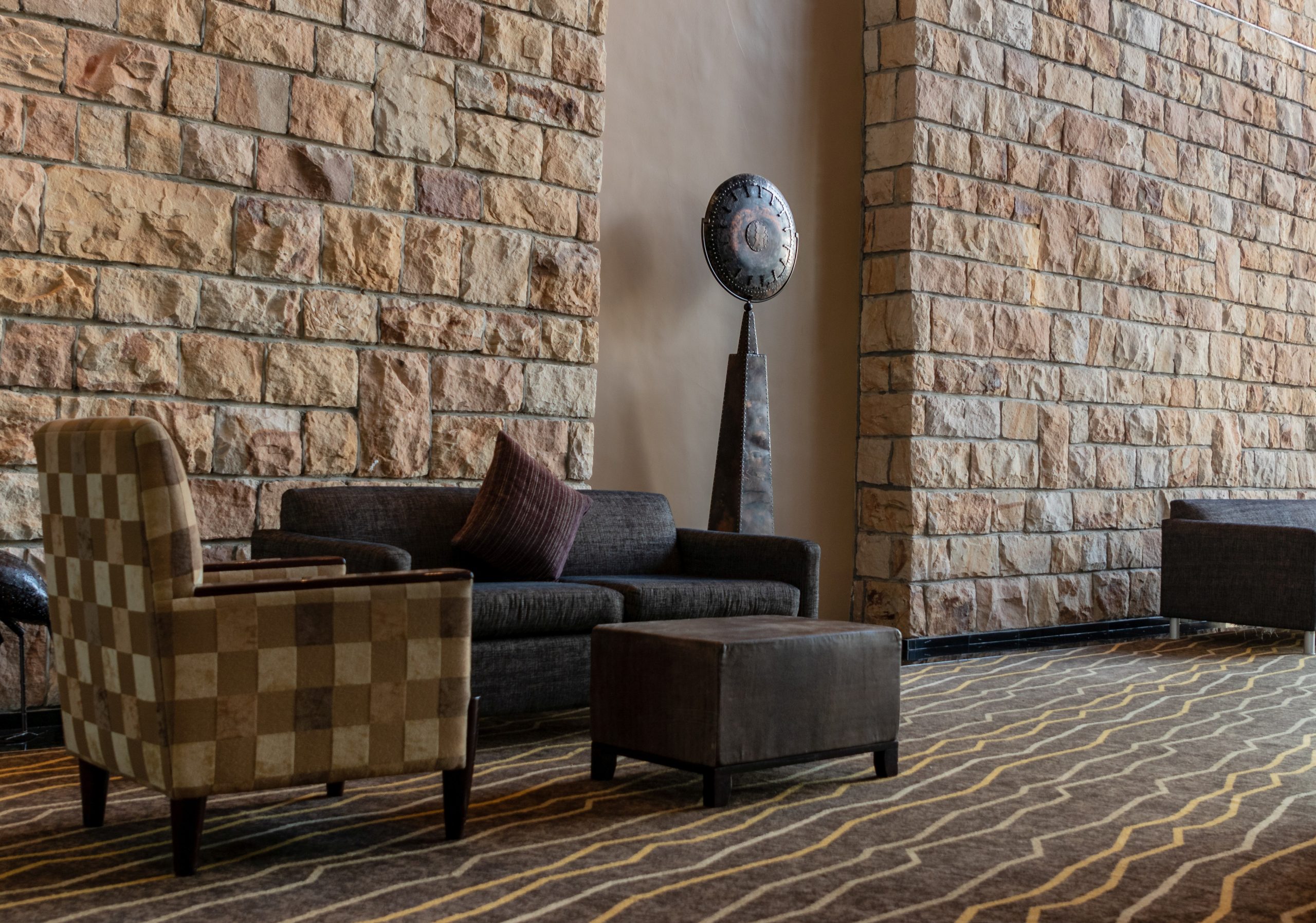
16 Oct How Thick Should Commercial Flooring Be?
Deciding on the right thickness for commercial flooring is a crucial aspect that many businesses often overlook. However, it can significantly impact the overall quality, durability, and longevity of the floor. Whether it’s a high-traffic retail space, a bustling restaurant, or an office building, the flooring’s thickness plays a vital role in the success of a commercial area.
Importance of the Right Flooring Thickness
Selecting an adequate flooring thickness is vital for multiple reasons. Here’s a deeper dive into why it matters:
Durability
Thicker flooring is often more durable and long-lasting. Commercial spaces have to withstand a lot, from heavy foot traffic to the daily movement of furniture and equipment. A floor that’s too thin can easily get damaged, leading to unsightly cracks and wear patterns that can tarnish your brand image.
Noise Reduction
A thicker floor is likely to offer better noise insulation. Imagine an office environment where every footstep echoes or a retail space where the sound of trolleys drowns out conversation. Better noise insulation can contribute to a more comfortable and welcoming atmosphere.
Comfort
Beyond just durability, a thicker floor provides a softer, more comfortable surface to walk on. This can be a significant advantage for employees who spend long hours on their feet. Moreover, a comfortable walking surface can also improve the customer experience, encouraging people to stay longer and potentially boosting sales.
Aesthetic Appeal
Lastly, it’s hard to ignore the visual impact of a quality floor. A thicker floor tends to look more luxurious and can significantly elevate the look and feel of your commercial space. It can harmonise well with your decor and help in projecting a high-quality image to customers and clients.
Factors Affecting Thickness Choices
Choosing the right thickness for commercial flooring isn’t straightforward. Several factors come into play:
Type of Commercial Space
It’s crucial to consider the nature of the commercial environment. A gym or warehouse with heavy machinery would require a thicker floor to handle the weight and abuse, compared to a small retail shop that mainly sees foot traffic.
Material
Different flooring materials come with their own pros and cons when it comes to thickness. Hardwood, for instance, is generally thicker but also comes at a higher cost. On the other hand, laminates and vinyl offer a balance of affordability and durability.
Budget
Your budget will invariably play a significant role. While it might be tempting to opt for a cheaper, thinner material, remember that commercial flooring is a long-term investment. The savings you make upfront could cost you more in the long run, thanks to frequent maintenance or even a full replacement.
Recommended Thickness by Flooring Type
Let’s delve into the specifics of thickness options for various types of flooring:
Hardwood
For hardwood floors, 18mm to 20mm thickness is generally recommended. This is because hardwood offers excellent durability, making it suitable for high-traffic areas and spaces with heavy furniture or equipment.
Laminate
Laminate flooring is available in thicknesses ranging from 6mm to 12mm. For commercial purposes, a thickness of at least 8mm to 12mm is advisable, as this provides a good balance between durability and cost-effectiveness.
Vinyl
Vinyl flooring is highly versatile, with thickness options from 2mm to 8mm. For commercial usage, however, a thickness of 5mm to 8mm is generally considered ideal, especially for spaces that need to withstand high foot traffic and occasional heavy loads.
Carpet
Commercial-grade carpet tiles usually range from 6mm to 9mm in thickness. They offer a good balance of comfort and durability, particularly for office environments where aesthetic appeal and noise reduction are crucial.
Long-Term Considerations for Commercial Flooring
When weighing your options, don’t focus solely on the initial cost. Opting for a thicker, more durable commercial flooring might cost you more upfront but can significantly reduce maintenance expenses and the need for replacements down the line.
Commercial Flooring Key Takeaways
The ideal thickness for commercial flooring is not set in stone and will depend on a range of factors including the type of space, the expected level of traffic, and your specific aesthetic and functional requirements. By considering all these aspects carefully, you’ll be better equipped to make an informed decision that serves your business well in the long run.



